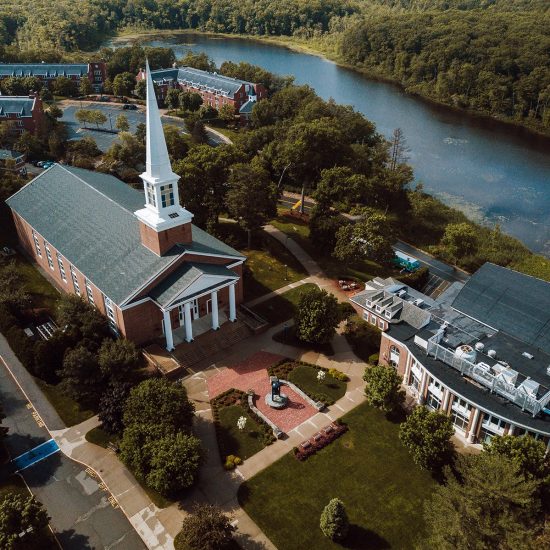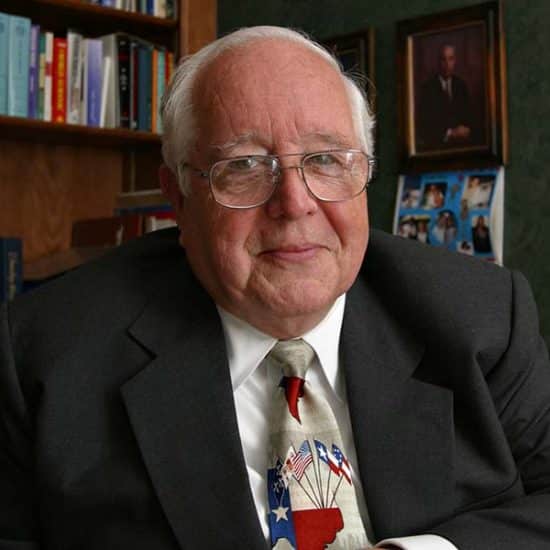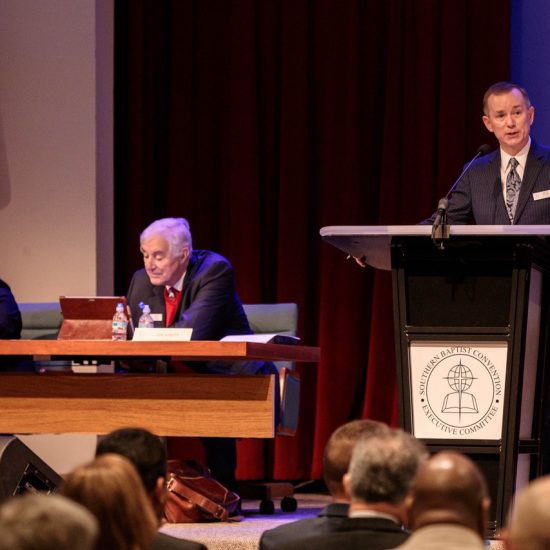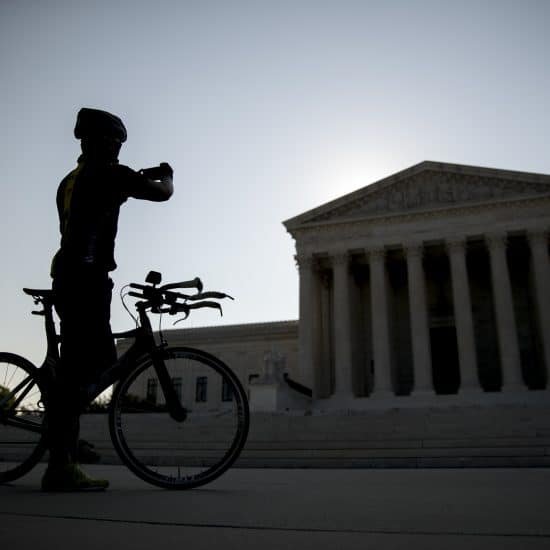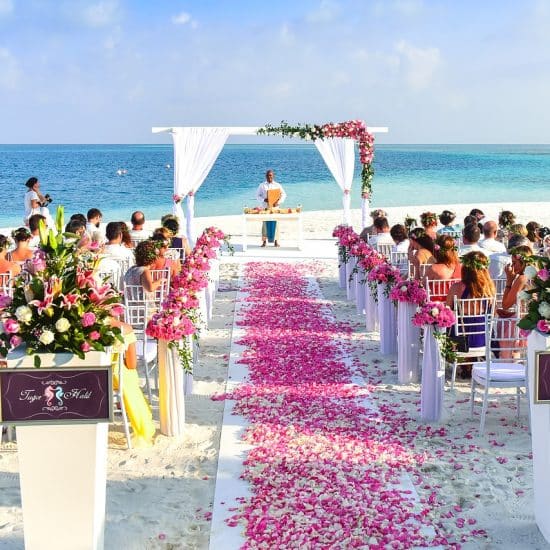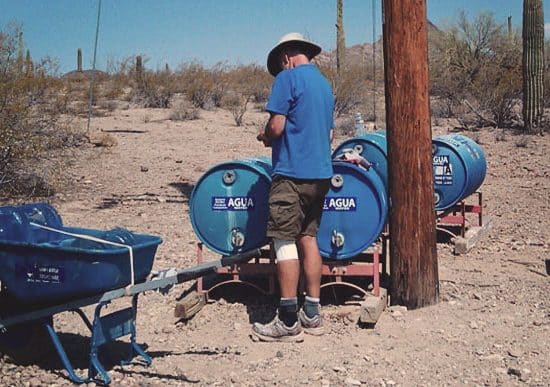WASHINGTON (ABP) — A federal appeals court ruled May 7 that a California atheist lacked legal standing to strip the phrase "so help me God" from the presidential oath of office.
Michael Newdow, an activist who previously sued unsuccessfully to have "under God" removed from the Pledge of Allegiance and "In God We Trust" taken off U.S. coins and currency, asked a district court to bar President Obama from inviting two private ministers — Purpose Driven Life author Rick Warren and civil-rights activist Joseph Lowery — to lead invocation and benediction prayers at his inauguration in 2009.
Newdow also sought to prevent U.S. Supreme Court Chief Justice John Roberts from asking Obama to repeat "so help me God" at the end of his oath. The words are not part of the oath or affirmation required by the Constitution, but a tradition of adding them dates, by some accounts, to George Washington. Many historians are skeptical of that claim, but the phrase has been used in unbroken succession since Franklin Delano Roosevelt's first inauguration in 1933.
A three-judge panel of the U.S. Circuit Court of Appeals for the District of Columbia said Newdow's claims regarding the 2009 inauguration were moot, because it had already occurred and is no longer "an actual controversy" that can be decided by law.
The court also denied Newdow's challenges to future inauguration ceremonies in 2013 and 2017 for technical reasons.
In seeking to enjoin all persons a future president could possibly invite to administer an oath, lead a prayer or help in event planning, the judges said, Newdow in effect sought "an injunction against the world."
"There is another name for that type of generally applicable relief: legislation," the court said. "And that's not within the power of the courts."
The court said named defendants who participated in the 2009 inauguration have no authority in future inaugural ceremonies and that if a future president decides to include religious elements that would be an executive decision. The judges said the Constitution grants courts jurisdiction over legislation but not the authority to sit in judgment of a president's executive decisions.
Newdow previously sought injunctions to block prayers at President Bush's inaugurations in 2001 and 2005, but a federal judge said he failed to prove that he was injured by an inaugural prayer.
-30-
Bob Allen is senior writer for Associated Baptist Press.

